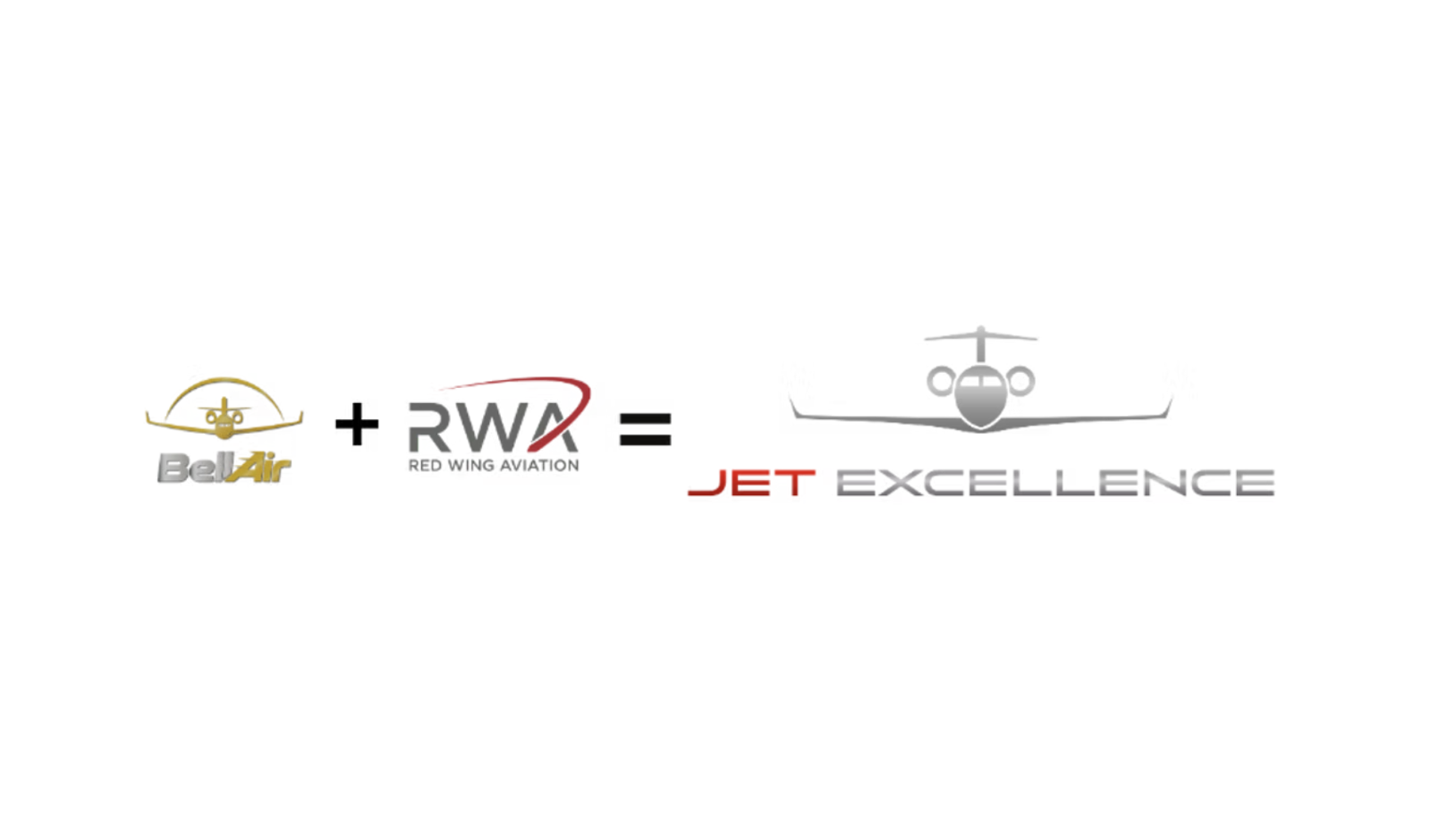
Expedia-like on-demand private jet charter bookings have been in the works for over 20 years and still aren’t ready for takeoff.

When a broker tells you they are like the Expedia or Google Flights of private jet charter, don’t walk, fly. You are being conned.
It’s not that you are being scammed. You are just being lied to about what they are really offering.
For the most part, they are simply offering a query providing you with estimated pricing that still has to be confirmed after the fact, something that can take hours to days to never.
“We’re not at that simple vision that the founders of Avinode had 20 years ago: click to clunk. Click as you hit the mouse, and clunk was the sound of the aircraft door shutting. Here we are 20 years later, with quite a few million spent by many people, we are still not there, but we are much further along on that journey.”
– Oliver King, CEO, Avinode
And, the hard quotes you get back don’t represent what’s out in the market, just the operators that have bothered to respond to the query and quote your request.
During a session at the European Business Aviation Conference & Exhibition (EBACE) last week, State of the Industry panelists discussed why the digital revolution for on-demand charter bookings is still stuck on the taxiway.
But first, there are several places you can instantly book private jet charter flights with a click of your mouse.
Operators can allow consumers to digitally book their own fleets. Vista Global’s XO, an in-house broker for the XOJet, VistaJet, Red Wing, Air Hamburg, Jet Edge, and Talon Air fleets, would be an example.
Jet cards, which are essentially scalable charters that offer your fixed or capped rates with guaranteed availability, allow you to book instantly. They’ve taken the risk that they can then source the airplane at a lower price, or at least in the aggregate, are taking in more money than they are paying out to source flights.
Then there are a couple of digital brokers, such as AirBook One and Camber, the latter of which was acquired last year by Vista. They use integrations with operators and other stuff behind the curtain to essentially guess what their cost will be and then bet that they won’t lose money on your instant booking pricing. However, it’s not booking a specific aircraft or operator, just a price and a category.
With all of the above, you are generally talking about a lead time of at least 48 hours prior to departure.
“We do not have the ability to support an end-to-end workflow because, as an industry, most of our product is offered by brokers using a multitude of operators. Some companies are trying to offer their own fleets through their own portals, and that is very close to being digitalized, and some would say that’s already there,” says Oliver King, CEO of Avinode, an online sourcing platform for charter brokers.
Nick Houseman, CEO of Elit’Avia, an operator, recalls, “In 2001, when I was at Bombardier, we bought a company called Skyjet that was going to change the charter booking market, and we had these big dreams of making it a seamless process. It would be you click a few buttons, and you book your trip.”
He continues, “Fast forward 22 years, it’s the same issues that are there, and the challenge is the customer. The customer’s expectation is I’m booking this aircraft, and I can change the flight time by one hour. I’m adding another passenger. I’m bringing my dog – each of those things generates change.”
King agrees. “We’re not at that simple vision that the founders of Avinode had 20 years ago: click to clunk. Click as you hit the mouse, and clunk was the sound of the aircraft door shutting. Here we are 20 years later, with quite a few million spent by many people, we are still not there, but we are much further along on that journey.”
King, a former British Airways executive, recalls, “If you think about commercial aviation, they were the first large purchasers of computing power from IBM in the ’60s to take their reservations into the digital era. They had that infrastructure in place, so when the digital revolution in terms of Web 2.0 arrived and the ability to offer your products, they already had that infrastructure to connect to.”
Speaking of private jet charters, he says, “We as an industry are a much smaller industry. We are a fragmented industry. The cost of investment in computer systems was pretty high and beyond individual operators and brokers.”
What’s holding it up?
One element is owner approval. A large part of the private jet charter fleet isn’t owned or leased by the operator, it is managed.
Owners, particularly of larger jets, often want to know who is chartering their airplane. King says owner-approval apps will help.
However, King doesn’t see that as the major hurdle.
The Avinode CEO says, “We do not have the ability to support an end-to-end workflow because, as an industry, most of our product is offered by brokers using a multitude of operators. The challenge is doing that multi, the equivalent of travel agency to commercial airline digitalization that really we saw 40 years ago. That’s the challenge because you need every operator with the capability in place to receive and act upon the digital information connected to every broker who wants to puts business, and ideally, you connect it to the end customer with that perfect flow of information.”
He adds, “You don’t just do it once for the purpose of making the booking. You need to make it continue to manage every single change the customer needs. Add a location, and another person, pushing back departure by six hours.”
What’s more, private jet charters are far more complicated than the scheduled airlines, which are “a product built nine months before when the schedule was loaded into OAG, the pricing was set. You have to build that on the fly (for on-demand charters) in a bespoke offering to the customer in real-time.”
However, don’t despair.
King says while Expedia or Google Flights-like real-time, instant availability and bookable pricing may be delayed, the trip is not canceled.
“What we’ve seen is a great decrease in (the cost of computing), the emergence of cloud computing, the emergence of different players coming into the industry serving everything; taking the (flight management systems) so the full operation can be digitized through to platforms like Avinode, which are connecting operators and brokers.”
He adds, “There’s been a revolution in the way data has been shared between different tech providers supporting customers and operators even that today most brokers are on a modern CRM platform like Salesforce, which means we can connect customer data out we can flow it through the system and join the dots.”
In fact, on-demand charter’s digital revolution may soon be out of its ground stop.
“I’m not saying it’s in place. But we certainly have a technological set of providers that have moved to the cloud and have the ability to connect the dots,” King says.
So, when do we hit the runway?
“I think the journey around digitalization will have made meaningful steps in the next five years to tie different components together in an age where you have fintech is changing very rapidly around us the way payments are made. That’s another initiator for change because once you start tying payments to transactions and contracts, you have the ability to digitize that journey,” King says.
He adds, “We are absolutely going to get there. The question is, how long does it take?”
When I ask him what comes first, a true Expedia for on-demand private jet charter flights, a real-time digital marketplace, or eVTOLs operating commercial passenger flights, King is putting his bet on click-to-clunk.